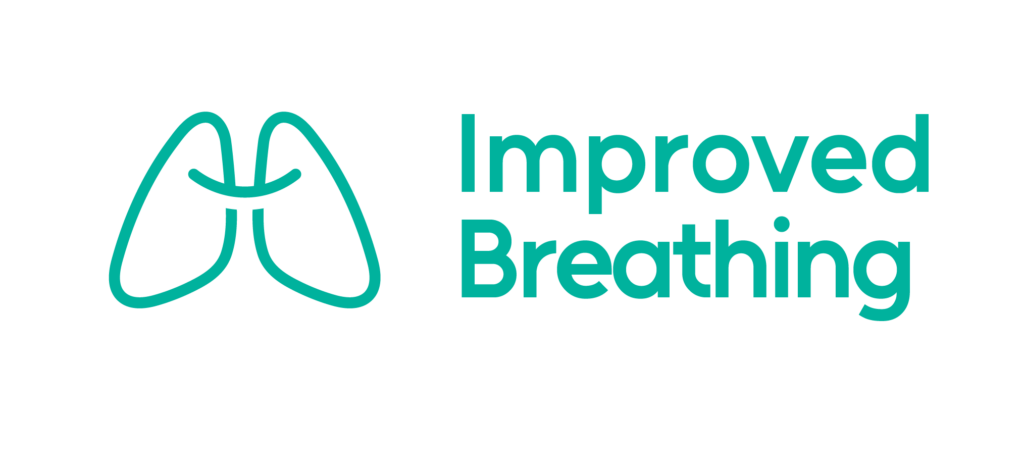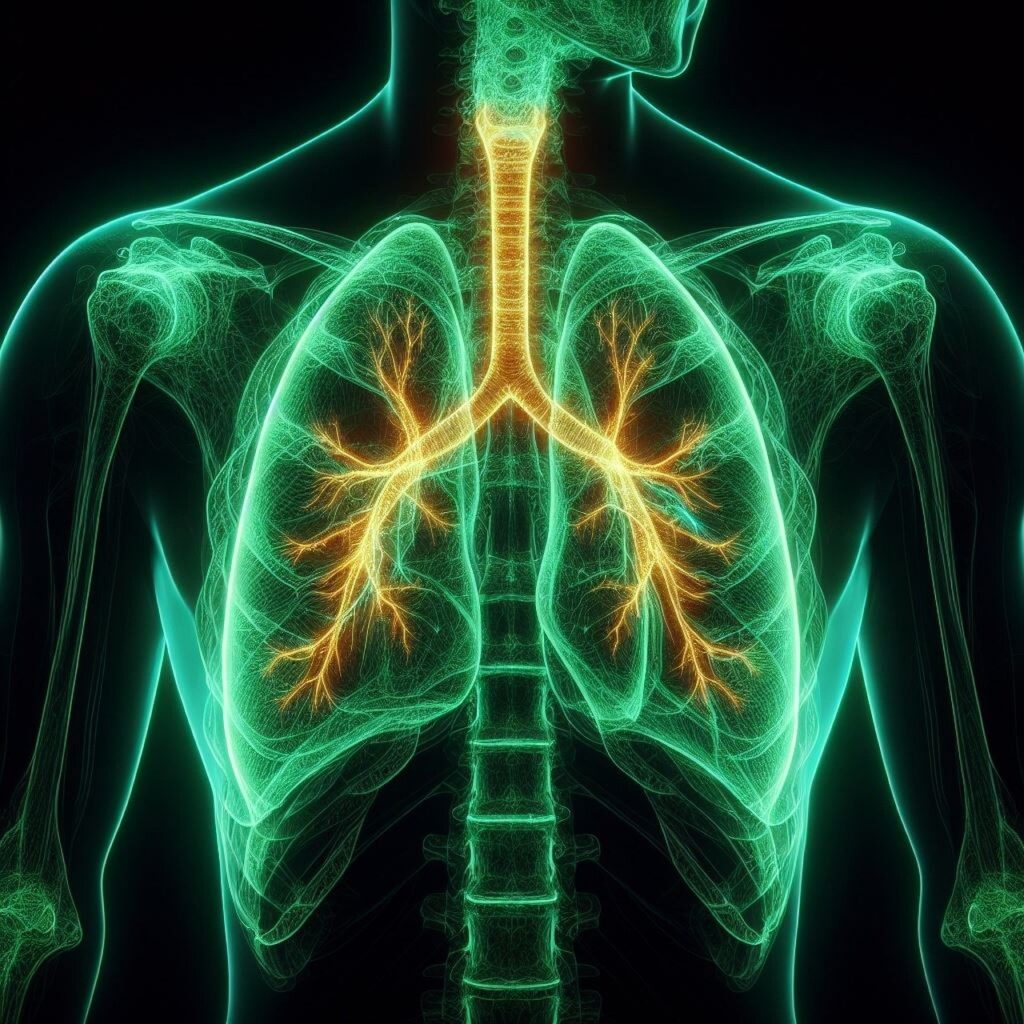Living with a chronic lung condition like COPD or emphysema can be challenging, but making positive lifestyle changes can significantly improve your quality of life. In this blog post, we’ll explore ten habits that people with chronic lung conditions should consider breaking to better manage their health and breathe easier.
1. Smoking
This may seem obvious, but it’s the most critical habit to break. If you’re still smoking with a chronic lung condition, quitting is the single most important step you can take to improve your health. Smoking accelerates lung damage and worsens symptoms. Seek support from your healthcare provider, consider nicotine replacement therapy, and explore smoking cessation programs to help you quit.
2. Neglecting Exercise
While it might seem counterintuitive, regular exercise is crucial for people with chronic lung conditions. Avoiding physical activity can lead to deconditioning, making breathlessness worse over time. Break the habit of being sedentary and engage in appropriate exercises recommended by your doctor or a pulmonary rehabilitation specialist. Activities like walking, swimming, or cycling can improve your lung function and overall health.
3. Ignoring Air Quality
Pay attention to air quality reports and avoid going outdoors when pollution levels are high. Break the habit of disregarding air quality warnings. On days with poor air quality, stay indoors with windows closed and use air purifiers if possible.
4. Skipping Medications
Adherence to prescribed medications is crucial in managing chronic lung conditions. Break the habit of skipping doses or using inhalers incorrectly. Set reminders, use pill organizers, and consult your healthcare provider if you’re having trouble with your medication regimen.
5. Maintaining a Poor Diet
A balanced diet is essential for overall health and can impact your lung function. Break habits of consuming excessive processed foods, salt, and sugar. Instead, focus on a diet rich in fruits, vegetables, whole grains, and lean proteins. Some foods, like fatty fish high in omega-3s, may even help reduce inflammation in the lungs.
6. Ignoring Stress Management
Stress can exacerbate breathing difficulties and negatively impact overall health. Break the habit of neglecting your mental health. Incorporate stress-reduction techniques like meditation, deep breathing exercises, or yoga into your daily routine. Consider talking to a mental health professional if you’re struggling with anxiety or depression related to your condition.
7. Overexposure to Irritants
Many household products and environmental factors can irritate the lungs. Break the habit of using strong-smelling cleaning products, air fresheners, or being around second-hand smoke. Opt for natural, fragrance-free cleaning solutions and ask friends and family not to smoke around you.
8. Inconsistent Sleep Habits
Poor sleep can worsen symptoms of chronic lung conditions and decrease overall quality of life. Break habits that interfere with good sleep hygiene, such as irregular sleep schedules, using electronic devices before bed, or consuming caffeine late in the day. Establish a consistent sleep routine and create a restful sleeping environment.
9. Avoiding Social Interactions
It’s common for people with chronic lung conditions to withdraw from social activities due to breathlessness or anxiety. However, social isolation can lead to depression and a sedentary lifestyle. Break the habit of avoiding social engagements. Instead, plan activities that you can manage, communicate your needs to friends and family, and consider joining support groups for people with similar conditions.
Final Words
Breaking these habits and adopting healthier lifestyle choices can significantly improve your quality of life when living with a chronic lung condition. Remember, change doesn’t happen overnight, so be patient with yourself. Start by focusing on one or two habits at a time, and gradually work on others as you build confidence and see improvements.
Always consult with your healthcare provider before making significant changes to your lifestyle or treatment plan. They can provide personalized advice and support tailored to your specific condition and needs.
By breaking these harmful habits and embracing healthier ones, you can take control of your lung health and enjoy a more active, fulfilling life despite your chronic condition.














